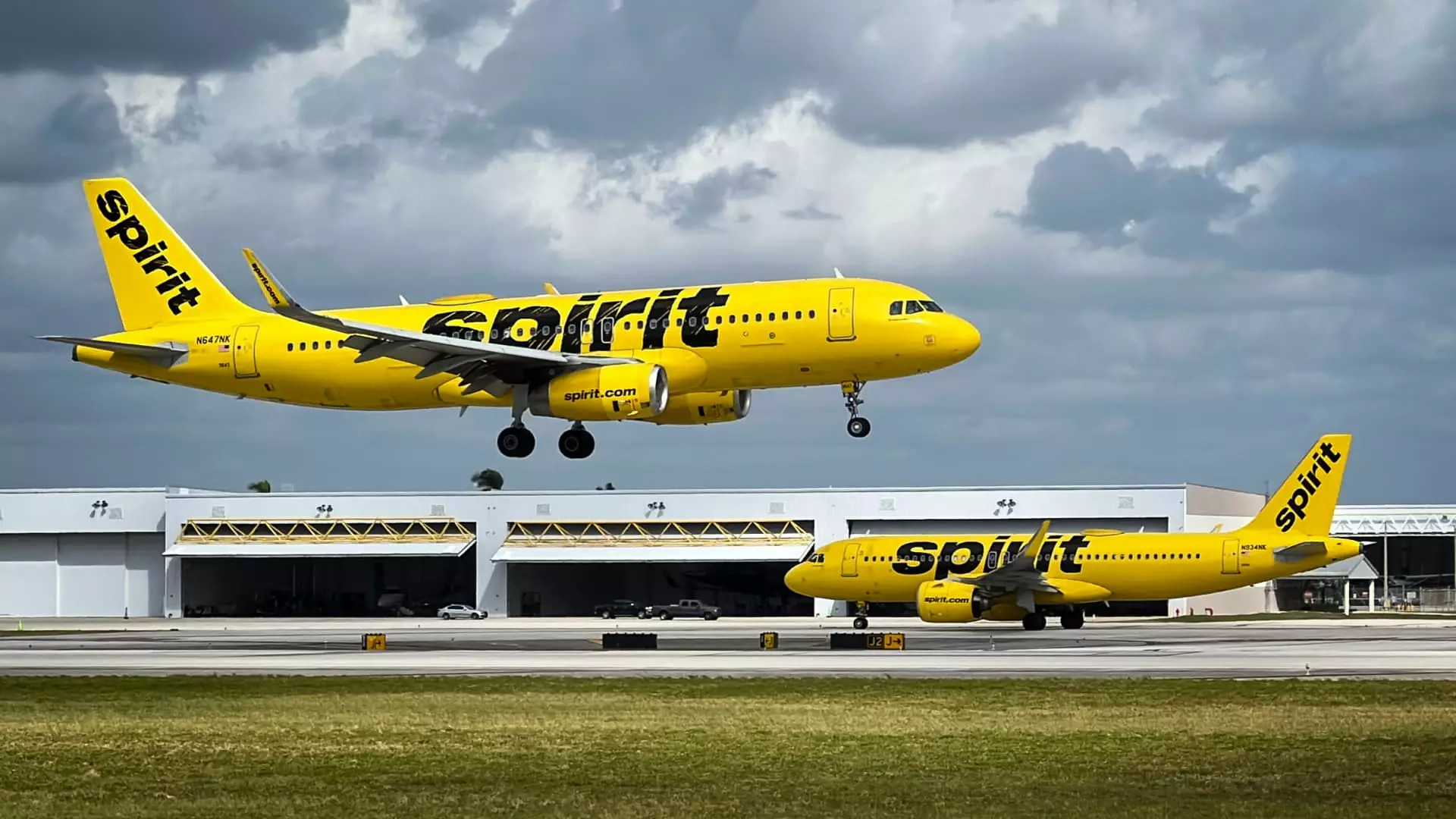In a decisive move reflecting growing concerns over air travel safety, the Federal Aviation Administration (FAA) has instituted a 30-day prohibition on all U.S. civilian flights to and from Haiti. This action follows a distressing incident where a Spirit Airlines aircraft experienced gunfire while attempting to land in Port-au-Prince. Such developments not only raise alarms about security in the region but also complicate travel plans for many, further exacerbating the already tense situation in Haiti.
The catalyst for the FAA’s swift ban was the harrowing experience of Spirit Airlines Flight 951, which was en route from Fort Lauderdale, Florida, to Haiti when it came under fire. As the plane approached its destination, it sustained damage, forcing it to divert to Santiago, Dominican Republic. Fortunately, while one flight attendant sustained minor injuries, passengers emerged unscathed. This incident highlights the perilous conditions in Haiti, where escalating violence has made even routine air travel a significant risk.
In response to the alarming events, American Airlines confirmed that one of its flights from Port-au-Prince to Miami had also been struck by gunfire, although it managed to land safely. The airline conducted thorough post-flight inspections, which confirmed that a bullet had indeed impacted the aircraft’s exterior. As a precautionary measure, American Airlines has suspended all flights into Haiti until mid-February, showcasing its commitment to passenger safety amid rising threats.
JetBlue Airways, echoing the concerns of its competitors, has also halted its services to Haiti, reflecting a broader trend among U.S. airlines to prioritize the safety of their crews and passengers. These measures, while preventive, also underscore the gravity of the security situation facing those who travel to or within Haiti.
Implications of the Flight Ban
The implications of this flight ban extend beyond immediate safety concerns. This restriction will undoubtedly have economic ramifications for Haiti, an island nation heavily reliant on tourism and business travel. With essential connectivity to the U.S. now compromised, the fallout could further destabilize an already vulnerable economy, impacting local businesses and communities that depend on travel for their livelihood.
Furthermore, the restrictions may deter potential humanitarian aid efforts. Organizations and volunteers who might have utilized air travel to support communities in need may find it increasingly difficult to enter the country. This could lead to a decline in essential services and support that many Haitians depend upon.
As the 30-day ban unfolds, the key focus will remain on improving the security situation in Haiti, ensuring the safety of travelers, and stabilizing the regional dynamics. The FAA’s proactive stance indicates an acknowledgment of the complexities involved in modern air travel amidst geopolitical unrest. Moving forward, collaboration among U.S. airlines and governmental agencies will be vital in navigating these challenges, seeking innovative solutions to ensure safety while maintaining crucial links to affected regions. As we contemplate these developments, the hope is for a swift resolution to the underlying issues, allowing for a restoration of normalcy in both air travel and life within Haiti.


Napsat komentář